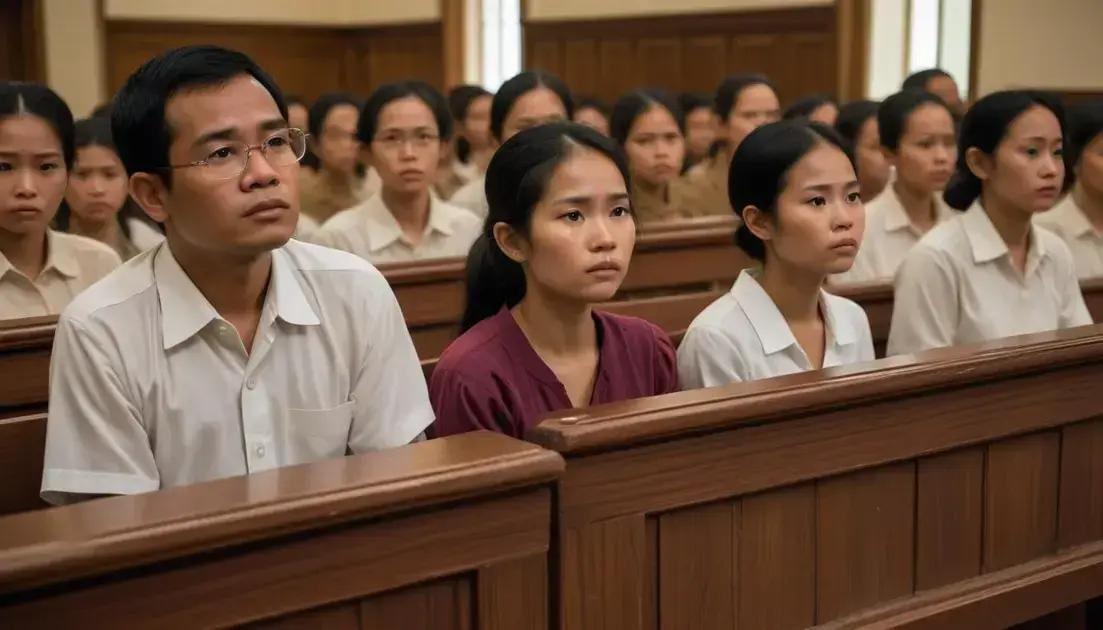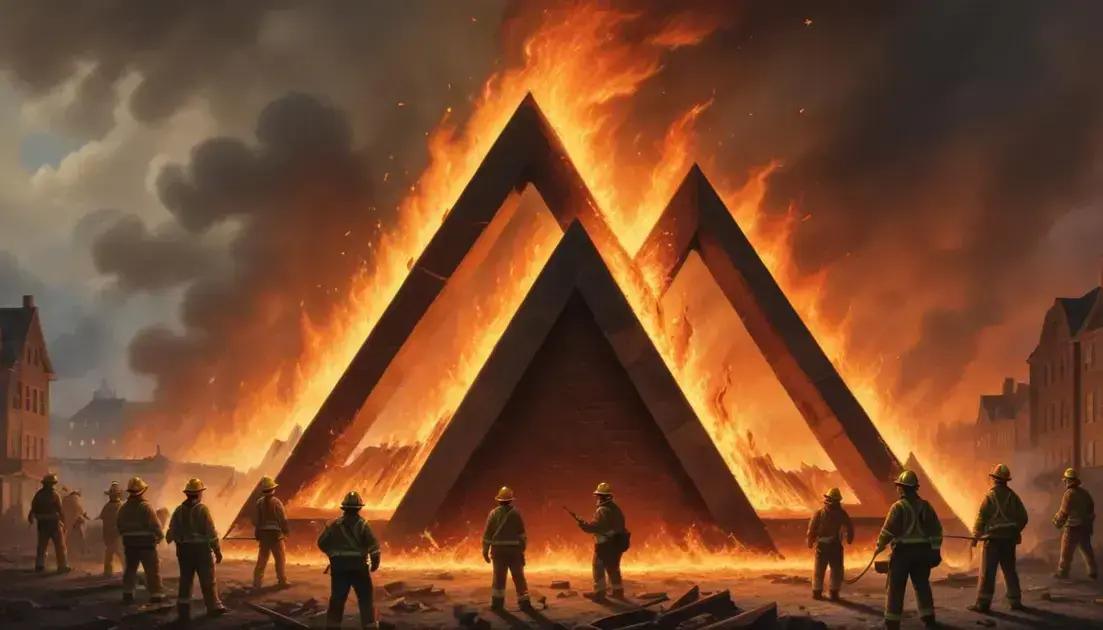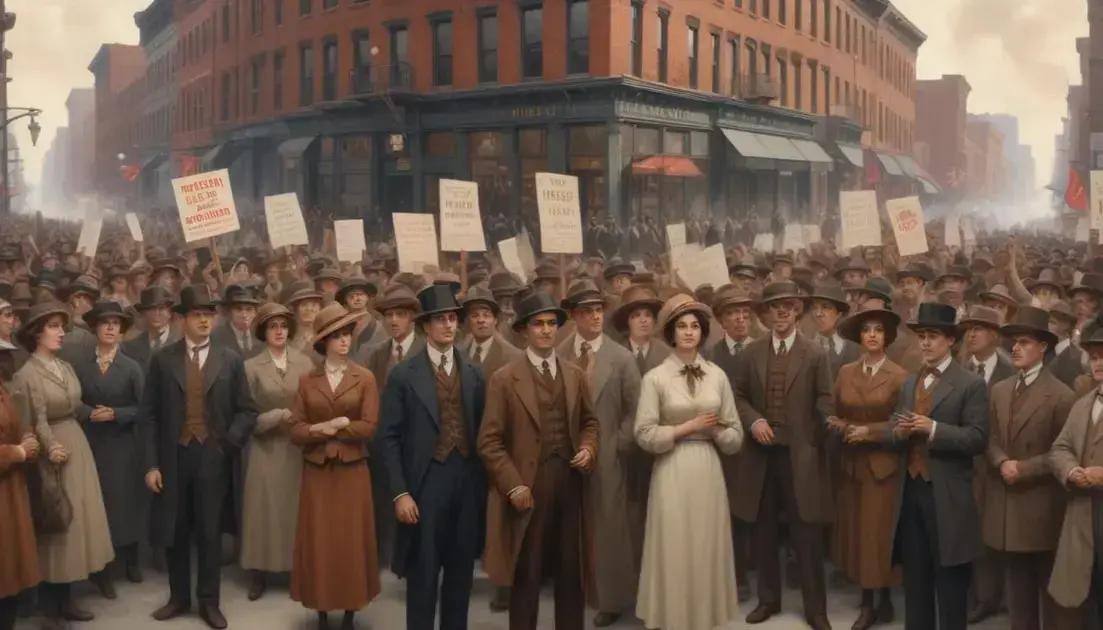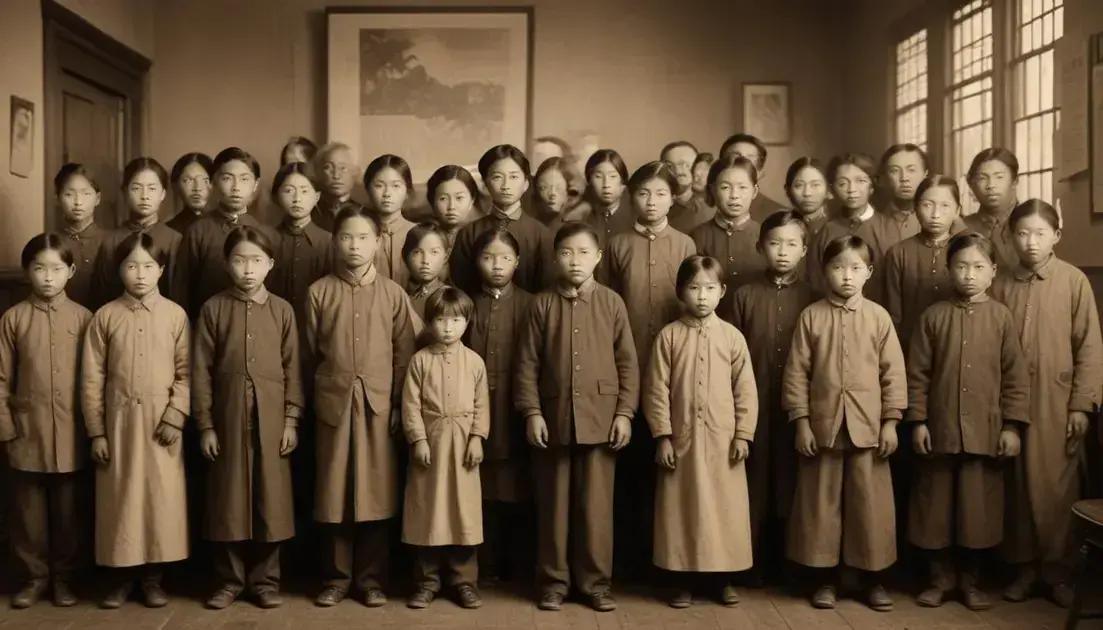
Phnom Penh Trials: Justice for Cambodian Genocide
The Phnom Penh Trials represent a crucial step in addressing the Cambodian Genocide and promoting human rights. They involved key figures from the Khmer Rouge, aiming for accountability for historical crimes. The trials highlighted the importance of educating future generations about history while also encouraging international discussions on human rights. As Cambodia looks forward, the commitment to human rights and justice remains vital for healing and preventing future atrocities.
The Cambodian Genocide trials have become a beacon of hope for justice and healing in Cambodia, shedding light on dark history.
The Historical Context of the Cambodian Genocide
The Cambodian Genocide happened between 1975 and 1979. It was led by the Khmer Rouge, under the leadership of Pol Pot. This regime aimed to create a classless agrarian society. Unfortunately, this vision led to the deaths of about two million people.
During this time, the Khmer Rouge targeted many groups. They went after intellectuals, professionals, and ethnic minorities. Their strict policies forced people from cities to the countryside. Many suffered from hard labor, starvation, and violence.
The world largely ignored these events while they unfolded. Reports about the atrocities came slowly, and many didn’t believe them at first. It wasn’t until after the regime fell that the true extent of the genocide became clear.
The legacy of the Cambodian Genocide is complex. It left deep scars on Cambodian society. Families were torn apart, and communities were destroyed. Today, Cambodia is still healing from this tragic past. Education about the genocide remains crucial to ensure it is never forgotten.
Understanding this history helps us recognize the importance of justice. The Phnom Penh Trials serve as a reminder of the need to hold accountable those responsible for such crimes.
Key Figures in the Phnom Penh Trials
The Phnom Penh Trials involve notable figures who played crucial roles in seeking justice. One key figure is Nuon Chea, who was the chief ideologue of the Khmer Rouge. He helped shape the brutal policies of the regime.
Another important person is Kang Kek Iew, also known as “Duch.” He ran the notorious S-21 prison, where many were tortured and killed. His testimony during the trials provided insight into the regime’s operations.
Additionally, Khieu Samphân was another high-ranking official. He served as the nominal head of state during the genocide. His involvement in the Khmer Rouge made him a significant defendant during the trials.
The trials also included testimonies from survivors. Their stories have been vital in showing the real impact of the genocide. These brave individuals remind us of the importance of justice and healing.
The legal proceedings aimed to hold these leaders accountable for their actions, bringing attention to crimes against humanity. The visibility of these trials was crucial in raising awareness about the Cambodian Genocide worldwide.
Legal Proceedings and Their Implications
The legal proceedings of the Phnom Penh Trials were significant in many ways. They aimed to bring justice for the crimes of the Khmer Rouge. These trials focused on holding leaders accountable for acts of genocide, which affected millions.
The proceedings began in 2006 and continued for many years. They were held by the Extraordinary Chambers in the Courts of Cambodia (ECCC). This special court combined local and international laws to ensure fair trials.
During these trials, the judges heard testimonies from many witnesses. Survivors shared heartbreaking stories of suffering and loss. Their experiences highlighted the extent of the atrocities committed.
The implications of these trials go beyond Cambodia. They serve as a model for international justice. They emphasize the need for accountability in cases of human rights violations worldwide.
The trials also raised awareness of the importance of remembering history. Understanding the past helps prevent similar tragedies in the future. Education about the Cambodian Genocide is vital for promoting peace and reconciliation.
Impact on Cambodian Society and International Relations
The impact of the Cambodian Genocide extends far beyond its borders. It has shaped both Cambodian society and international relations. The trials in Phnom Penh have played a crucial role in addressing past horrors.
In Cambodia, the genocide left deep scars on communities. Many families lost loved ones, causing lasting grief. The trials have provided a platform for survivors to share their stories. This has helped the community in the healing process.
Education about the genocide is now more important than ever. Schools teach about this dark chapter in history to prevent it from happening again. Young people learn the value of peace and tolerance.
On an international level, these trials have encouraged discussions about human rights. Countries worldwide are now more aware of the need for justice. The Phnom Penh Trials serve as a reminder that we must hold leaders accountable for their actions.
Coordination between nations has also increased. Countries are collaborating to prevent future atrocities. This includes sharing information and supporting international laws on human rights.
The Future of Human Rights in Cambodia
The future of human rights in Cambodia looks hopeful but challenging. The memory of the Cambodian Genocide still affects many people. However, efforts are being made to improve human rights protection.
Education plays a key role in shaping the future. Schools are teaching students about human rights and the importance of tolerance. This knowledge helps create a more informed generation.
Organizations are also working hard to promote human rights. Local and international groups advocate for better laws and fair treatment. They focus on issues like freedom of speech, fair trials, and protection from violence.
The Phnom Penh Trials have set an important precedent. They show that accountability is possible. This has given victims hope and encouraged them to speak out.
However, there are still issues to address. Corruption and political challenges can hinder progress. Human rights defenders often face risks for their work. Support from the international community remains vital to overcome these barriers.
As Cambodia continues to build its future, the commitment to human rights must grow. It is everyone’s responsibility to ensure that the past is not repeated.
Conclusion
In conclusion, the story of the Cambodian Genocide and the Phnom Penh Trials remind us of the importance of justice and healing. They show how a nation can learn from its past to build a better future. Education about human rights is essential for creating a more peaceful society.
As Cambodia moves forward, the commitment to protecting human rights must remain strong. Both local and international efforts are necessary to ensure that everyone is treated fairly. The voices of survivors are vital, as they remind us of the impacts of history.
By standing together and advocating for justice, we can help prevent future atrocities. The journey may be challenging, but with dedication, there is hope for a brighter tomorrow.


